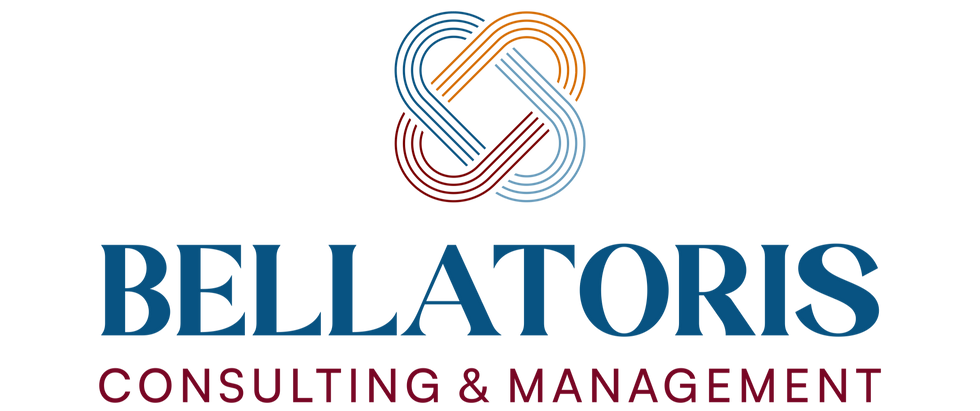Navigating the post-election landscape can be a transformative time for businesses. Whether you're a new startup or an established company seeking modernization, it’s crucial to understand the implications of recent electoral outcomes on your business planning. The political climate can influence everything - from regulations to market dynamics. This blog post will delve into important business planning topics and consulting insights that can help modernize your approach and keep your business compliant and competitive.
Understanding the Regulatory Landscape
The first step in post-election business planning is to assess how new regulations may affect your specific industry. Regulations can change dramatically depending on the political party in power and their priorities. Understanding these shifts can save your business from potential legal issues and financial penalties.
For example, consider the environmental regulations that may come into play depending on the election results. A new emphasis on sustainability could mean stricter codes for waste disposal and emissions. Businesses should stay informed about these changes by subscribing to industry-related news or joining relevant professional organizations to get timely updates.

Embracing Change and Innovation
Change is not only inevitable but also an opportunity for growth. Post-election, businesses must be willing to adapt and innovate. This could mean adopting new technologies, changing your service delivery model, or even rebranding to align with new political climates.
For instance, a company that has been heavily reliant on in-person services might consider investing in digital tools to continue serving clients during unforeseen circumstances such as a pandemic or regulatory limitations. Embracing innovative technologies can help streamline operations and improve customer engagement.
Research indicates that businesses that invest in innovation are 2.5 times more likely to see an increase in revenues. Therefore, identifying areas for innovation is crucial for staying competitive.

The Role of Strategic Consulting
Engaging with strategic consultancy can help businesses navigate the complexities of post-election changes effectively. A consultant can provide tailored strategies that align closely with the current socio-political landscape and market demands.
Consultants can help you analyze your business's current positioning, identify potential threats, and explore opportunities. They can also provide frameworks for structuring compliance and re-evaluating your business plan. For instance, a consulting firm focused on healthcare might provide insights into new health regulations stemming from election outcomes, allowing businesses in that sector to pivot quickly and effectively.
It’s advisable to choose a consulting partner with experience relevant to your industry, as they will have the insights and strategies best suited to help you navigate transitions confidently.
Importance of Ongoing Education and Training
As regulations and market dynamics change, so too should your team’s skillsets. Investing in ongoing education and training can help keep your staff up to date with the latest laws, technologies, and industry best practices.
Consider programs that offer training on compliance, market analysis, and customer service in line with new industry standards. This not only prepares your team but also instills a culture of continuous improvement within your organization.
For example, a technology startup might implement training on the latest software developments to ensure that their engineers are equipped to work on advanced projects, taking competitive advantage after the elections.

Building a Flexible Business Model
Flexibility is a key characteristic of thriving businesses in changing environments. Post-election, it’s crucial to build a business model that can adapt not only to regulatory changes but also to shifts in customer behavior.
To ensure flexibility, evaluate your supply chain, service delivery methods, and financial structures. For example, a retail business could implement a hybrid model that combines in-store and online shopping to cater to customers’ evolving preferences.
Additionally, consider adopting a more agile project management approach to allow for rapid shifts in strategy as needed. This adaptability can position your business to seize opportunities quickly when they arise.
Final Thoughts on Post-Election Business Planning
In conclusion, the post-election environment is a call to action for businesses to modernize and innovate. Staying informed about new regulations, embracing change, leveraging consulting services, investing in continued education, and building flexible business models are essential steps for businesses aiming to thrive.
As a new business or one looking to modernize, taking proactive steps to stay ahead of the curve can be the difference between thriving and merely surviving in a dynamic marketplace. Let this pivotal moment inspire a new wave of growth and transformation within your organization.

Comments